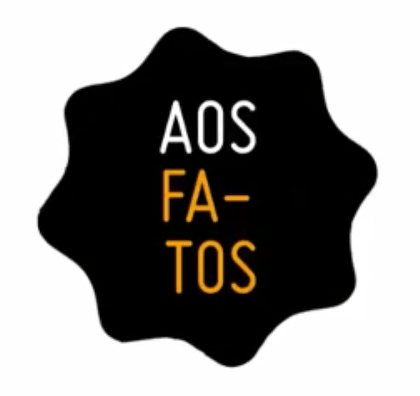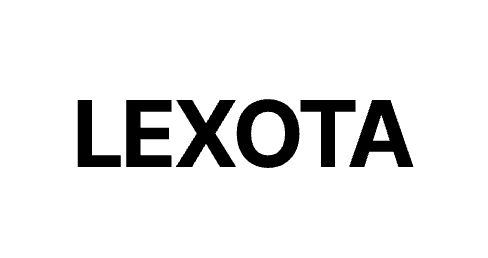

JamiiCheck: A community fact-checking platform
Virginia Kirst

JamiiForums is an independent social platform in Tanzania with over 660,000 registered users. It has recently added a collaborative fact-checking section, JamiiCheck, where experts answer questions and users can contribute with their knowledge. Thanks to the great popularity of JamiiForums, JamiiCheck reaches a remarkably large audience.
JamiiCheck is a collaborative fact-checking portal from Tanzania dedicated to fighting disinformation. It is part of the independent social media platform JamiiForums, which is run by the civil society organisation of the same name that promotes good governance, accountability, digital rights, social justice, and democracy.
The name “Jamii” translates from Swahili to “society” and describes the core of the forum and the portal, because both thrive on as many users as possible participating in them.
JamiiForums is an independent forum for Swahili speakers that has existed since 2006 and today has over 660,000 registered users who discuss a wide range of topics. In November 2022, it was expanded to include the JamiiCheck portal, which uses the structure of the forum but is specifically dedicated to fact checks. Citizens can verify statements, rumours, and news articles and have the authenticity of viral videos and photos determined.
“We founded JamiiCheck specifically to combat disinformation around elections because it is always on the rise in these times. Also, because parties deliberately spread disinformation for example in order to gain popularity.”
Fact checks through crowd knowledge
Just like in the rest of the world, there is a lot of disinformation circulating on the internet in Tanzania, which makes people feel insecure. At the same time, there is a lack of neutral bodies that check facts reliably and independently. “We founded JamiiCheck specifically to combat disinformation around elections because it is always on the rise in these times. Also because parties spread disinformation specifically to gain popularity, for example,” explains Francis Nyonzo, Programme Officer at JamiiForums. JamiiCheck is trying to counter this trend.
The special feature of the portal is that the fact checks are not carried out exclusively by employees, but that all registered users can contribute to them. For example, every question asked on JamiiCheck is answered by an official response from the platform’s fact-checkers under the title “Tunachokijua” (“What we know”). It is highlighted in a different colour from the rest of the content and framed in red if the fact check is negative, green if the facts are true, and yellow if the answer is ambiguous.
“This approach is particularly effective for local content where information is not readily available online. JamiiForums members often contribute images or videos to support or debunk claims in such cases.”
In addition, users can ask follow-up questions at the bottom of the post, comment on the fact check, or add context if they have the relevant expertise, such as knowledge about a specific topic or region. Nyonzo explains the benefits: “This approach is particularly effective for local content where information is not readily available online. In such cases, JamiiForums members often contribute images or videos to support or challenge claims.” The fact checks are then distributed beyond the website and published on JamiiCheck’s social media profiles or in traditional media.
Wide reach thanks to forum affiliation
Nyonzo explains the goal JamiiForums is pursuing with JamiiCheck: “By providing reliable, verified information, the platform contributes to a better informed and more engaged public.” By providing citizens with verified facts, JamiiCheck not only enables them to form an informed opinion, but also to actively participate in meaningful and meaningful discussions.
“By providing reliable, verified information, the platform contributes to a better-informed and more engaged public.”
One particularly influential fact check published by JamiiCheck revolved around a superstition in vegetable growing. It was claimed that menstruating women walking through the fields had a negative impact on the growth of cabbage. JamiiCheck published a fact check that clarified this concern as unfounded, reaching 525,000 users and over a million impressions across Instagram, Facebook, Telegram, and WhatsApp. “After we set the story straight, many people reduced the prejudices they had against women,” says Nyonzo.
How JamiiCheck can serve as a role model
The special and unique approach of JamiiCheck is that it actively involves the users of the JamiiForums forum in the fact checks. This gives the organisation a double advantage: On the one hand, the checks are enriched with information that might be otherwise difficult for the fact checkers to access but is available in the large user community. At the same time, this method allows many users to actively participate in the truth-finding process, which is beneficial for them and helps to sensitise users to disinformation and counter it at the same time.


















